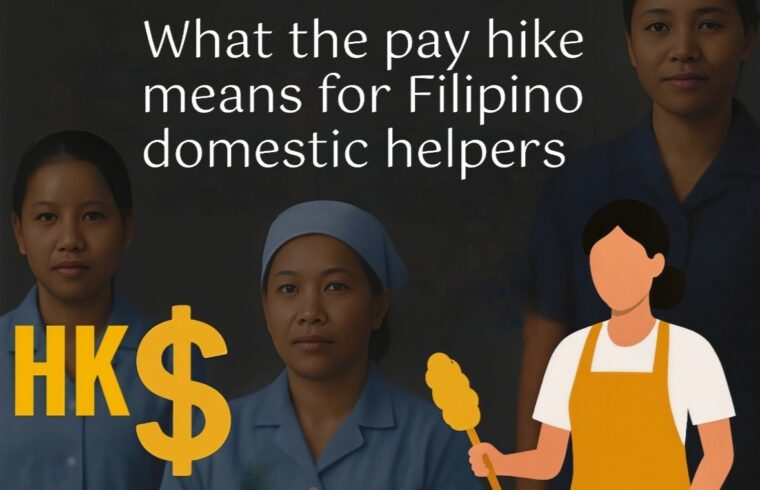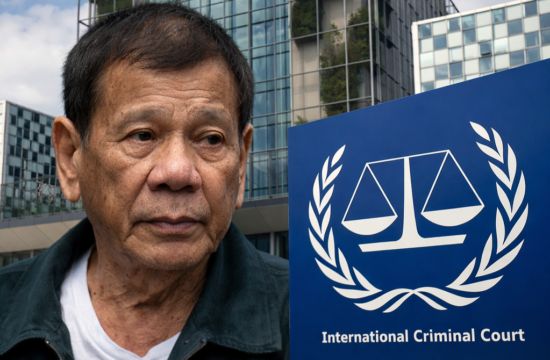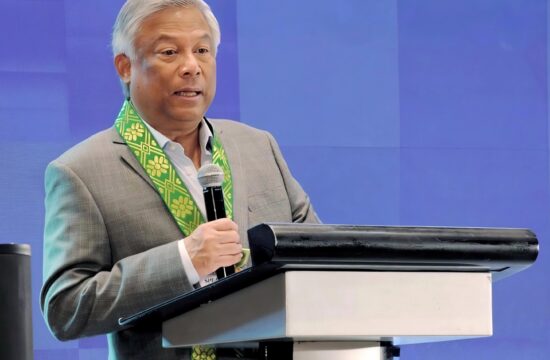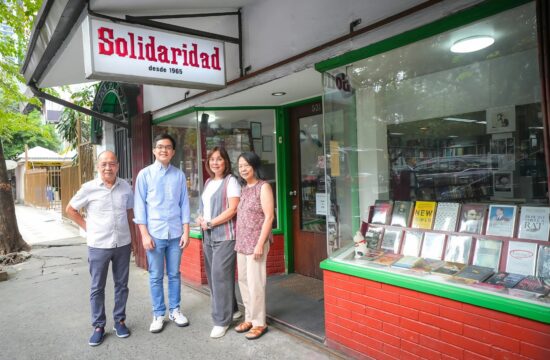Domestic helpers in Hong Kong are seeing their pay increase. The average monthly salary offered by employers rose 7.9% to HK$5,722 (US$735) in 2025, according to a survey by recruitment platform HelperChoice.
Employers are increasingly willing to pay more for helpers with childcare or elderly care experience, particularly those already living in the city. “Employers are no longer just hiring based on cost; they’re willing to offer higher salaries for helpers with prior Hong Kong experience, childcare or elderly care expertise,” said Raymond Sze, HelperChoice’s general manager.
The survey, based on 1,549 job postings between August 2024 and August 2025, coincided with the Hong Kong government’s announcement of a 2.2% increase in the statutory minimum wage for domestic helpers—from HK$4,990 (US$641) to HK$5,100 (US$655) for contracts signed on or after September 30. The monthly food allowance remains unchanged at HK$1,236 (US$159) if meals are not provided, a point noted by advocacy groups amid the city’s high cost of living.
Filipino domestic workers—the largest group among Hong Kong’s nearly 400,000 foreign helpers—stand to feel the change most directly. According to the Hong Kong Immigration Department, more than 201,000 Filipinos were employed as helpers in early 2024, representing over half of all foreign domestic workers.
Philippine Migrant Workers Secretary Hans Leo Cacdac welcomed the minimum wage increase, calling it a “positive step that affirms the dignity and rights” of overseas Filipino workers, and urged that employment contracts reflect the updated wage.
At the same time, advocacy groups note that additional challenges persist. Shiela Tebia-Bonifacio of the Asian Migrants Coordinating Body said the pay adjustment remains below the living wage her organization recommends and highlighted ongoing concerns around long working hours and limited rest. Sarah Pun, of the Hong Kong Federation of Asian Domestic Workers’ Unions, added that structural pressures continue to affect many migrant workers despite the wage adjustment.
HelperChoice’s survey also highlighted variations across the city. Salaries were highest in the New Territories at HK$5,886, followed by Hong Kong Island at HK$5,807, and Kowloon at HK$5,158. About 74% of postings offered a private room, while the remainder required sharing with children, other helpers, or adult family members. The data suggest employers increasingly recognize that better living conditions can help attract and retain skilled domestic workers.
Despite these gains, Filipino helpers remain subject to structural constraints. They cannot obtain permanent residency, must live in employers’ homes, and are bound by the “two-week rule,” which requires them to leave Hong Kong if they cannot secure a new contract within 14 days of termination. Advocates note that these conditions continue to pose challenges even as helpers provide critical household support, enabling childcare, elder care, and broader workforce participation.
For many Filipino domestic workers, the increase—from HK$4,990 to HK$5,722—provides additional financial support. While it raises monthly earnings, challenges related to working conditions, accommodation, and labor protections remain. The adjustment represents a positive step, while ongoing efforts continue to ensure fair treatment, security, and well-being for domestic workers.











